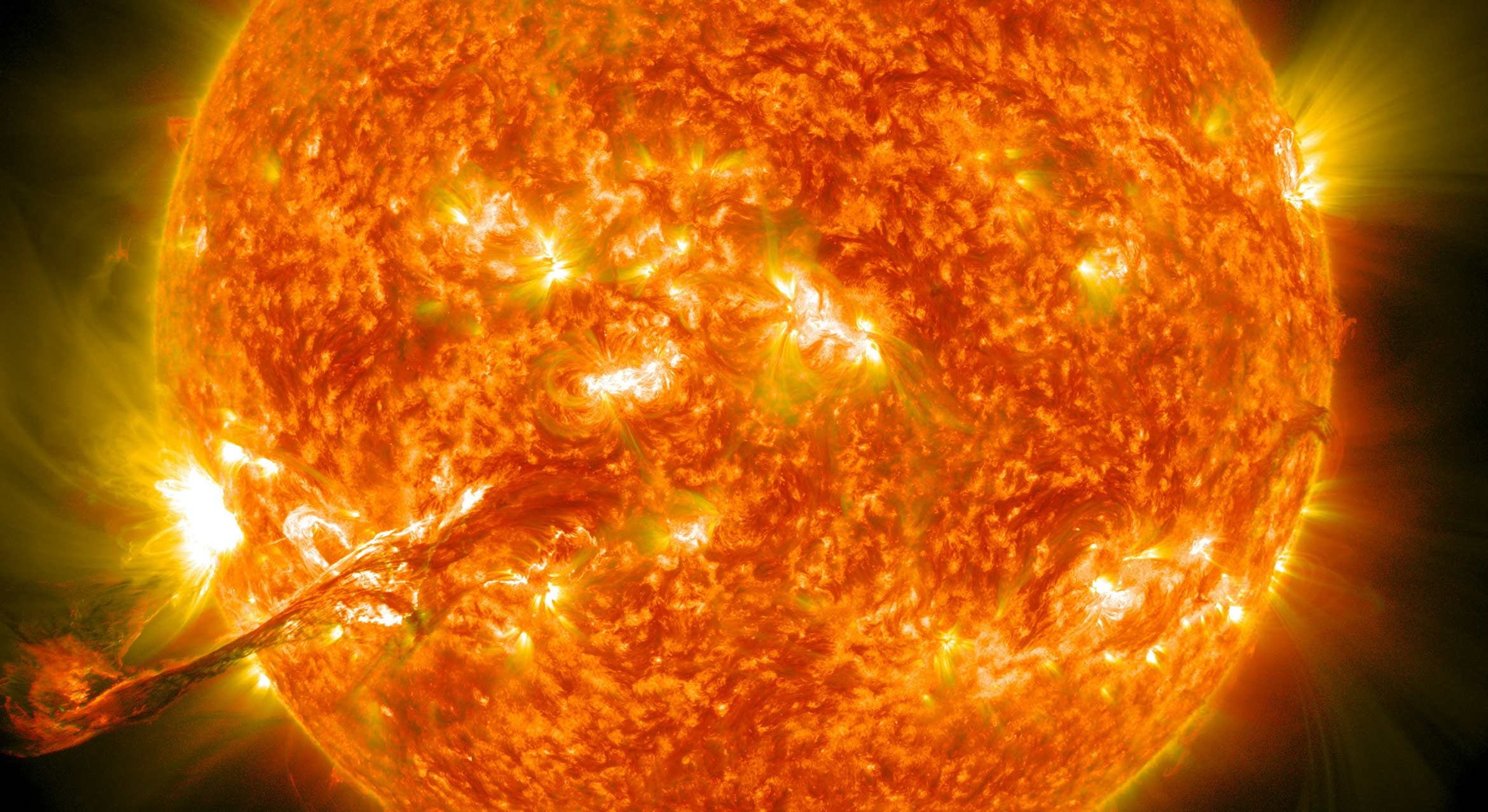Grasses from across the world will be documented in a new resource to help researchers better understand the biology of and threats to these vital species, thanks to a project led by scientists from the University of Sheffield in England, in collaboration with researchers at other institutions, including UC Santa Barbara and UCSB's National Center for Ecological Analysis and Synthesis (NCEAS).
The project, funded by Britain's Joint Information Systems Committee (JISC), will see experts from the University of Sheffield's Department of Animal and Plant Sciences produce an online resource called GrassPortal, offering public access to evolutionary and ecological data on the world's grass species and greatly expanding the web services currently offered by the Royal Botanic Gardens, Kew.
GrassPortal, which is at the forefront of a digital revolution in biodiversity research, will allow any of the 11,000 species of grasses to be defined by its geographical range, climate preferences, and evolutionary relationships to other species.
It will offer scientists a one-stop shop to easily access and analyze data on an unprecedented scale, and will be particularly useful for researchers in the fields of climate change, conservation biology, and evolutionary biology.
Educational case studies and sample datasets in these areas will also be packaged as research-led teaching resources for university and school students.
GrassPortal's international partners include researchers at UCSB who are helping to assemble the large-scale datasets, such as those derived from satellite sensors, which will be used to describe the environmental conditions where grasses occur. The researchers are Christopher Still, associate professor in the Department of Geography, and Stephanie Pau, a postdoctoral scholar at NCEAS. Commenting on UCSB's role, Still said: "We are excited to collaborate on this project and help enhance the utility of GrassPortal to address a wide variety of scientific questions."
Grasses are present on every continent on the planet, and play major roles in the global economy and ecosystem. They account for most of our staple food crops and livestock feeds, including rice, barley, wheat, maize, millet and sugarcane.
Grasses are the main winners from deforestation, and form grasslands which significantly influence our climate by altering the cycling of carbon and water between the land and air.
Understanding the evolutionary and ecological relationships between species is fundamental for biology, and it is believed that the same scientific approach used by GrassPortal could be rolled out to cover all of the world's half-million plant species during the coming decade.
Related Links



